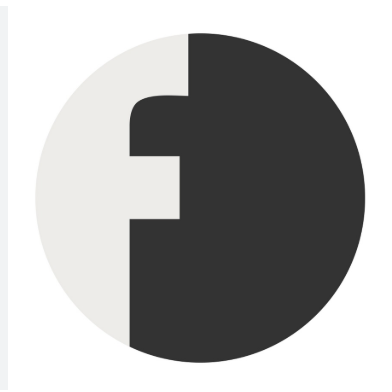Article by Giulia Casula – Journalist, Fanpage.it
Only half of young French and Spanish people consider democracy the best form of government. This percentage drops even further among Polish youth. This is one of the findings of a survey conducted by the research institute YouGov with the Tui Foundation, which funds youth projects in Europe.
Overall, the majority of European Generation Z (57%) prefer democracy to any other form of government. However, there are variations depending on the country of origin: in Poland, the percentage drops to 48%, in Spain and France it is 51-52%, while in Germany it soars to 71%.
Interestingly, one in five respondents (21%) would favor an authoritarian government under certain, unspecified circumstances. Here, too, there are differences among the Twenty-seven. The highest percentage of those who would potentially support some form of authoritarianism are young Italians (24%), followed by young French, Spanish, and Polish people (at 23%), while the lowest is found among young Germans (15%).
The study was conducted between April and May through interviews with over 6,700 boys and girls aged between 16 and 26 from Great Britain, Germany, France, Spain, Italy, Greece and Poland.
Approval of democracy drops especially among young, economically disadvantaged, center-right voters (just one in three), but overall, nearly one in ten respondents say they are not interested in the form of their government, regardless of whether it is democratic or not.
There are also those who fear for the future of democracy, such as young Germans (61%), fearful of the rise of the far right in their country. Greeks, on the other hand, are among the most distrustful of EU institutions, perhaps—experts explain—due to the experience of the eurozone crisis that devastated the national economy. Conversely, half of young Britons still believe in the EU and, despite Brexit, consider Brussels a key player on the international stage, with 73% even wanting to return.
Overall, most young Europeans say they are convinced of the EU's potential, although 39% believe it is not democratic enough. Regarding their political orientation, 19% say they are center-right, a decrease from 2021 (14%). Thirty-three percent identify as centrist, 32% identify as left-leaning, and 16% do not answer.
Women in Germany, France, and Italy identified as progressive in greater numbers than four years ago, while young men in Poland and Greece became more conservative over the same period.
